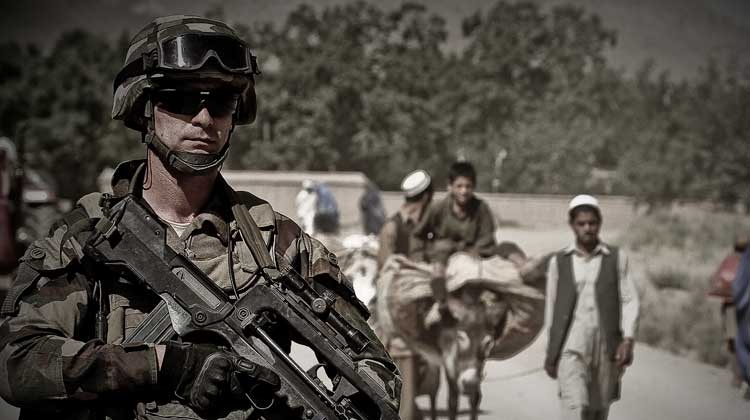
From In Homeland Security
Three presidents have had to deal with Afghanistan and often made ambitious claims that the U.S. was making progress toward victory. However, none of the three chief executives defined that victory, articulated a clear path for ending the conflict or even described what peace would look like.
Afghan Governance
The Trump administration follows the legacies of Presidents George W. Bush and Barack Obama, focusing exclusively on defeating the Taliban, Al-Qaeda and other terror networks. Each of these chief executives promoted a tactical and operational strategy without ever addressing the civil dimensions or creating a semblance of governance and development that could bring peace to the region.
That strategy didn’t mean replicating “nation building,” which failed miserably because the U.S. tried to introduce a Western-style government into a nation that had no history of democracy. By ignoring Afghan history and relying only on a tactical strategy, the U.S. is fighting half a war. There is no regional strategy.
Afghan President Ashraf Ghani leads a weak and divided central government. Ghani has made some progress at curbing corruption, but he hasn’t been able to extend the rule of his government beyond the capital of Kabul. Parliamentary elections are scheduled for October, so only time will tell if the country can ever have a united, honest and effective government.
Ghani’s power is limited to mostly Kabul. He lacks the ability to extend his control into the provinces where the Taliban are the strongest. Local Afghans may not like the brutal nature of Taliban governance, but at least they might not be corrupt and out to benefit only themselves.
Precipitous Withdrawal
The deficiencies of President Obama’s partial withdrawal of troops in 2014 cost the U.S. vital contacts within Afghanistan. These contacts could have provided necessary intelligence about the country that can’t be duplicated by satellite or by reconnaissance aircraft.
Continue reading here.
Share